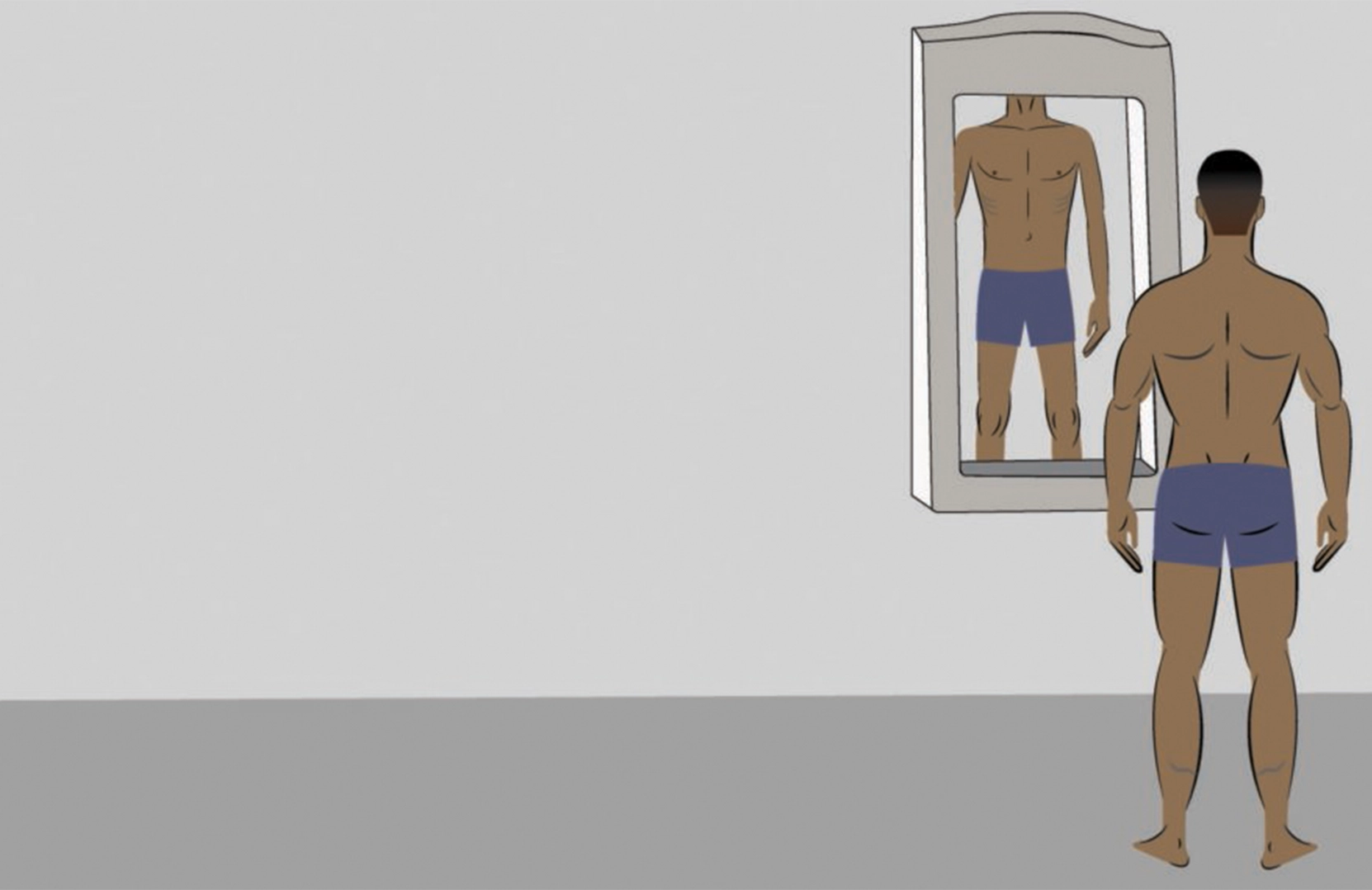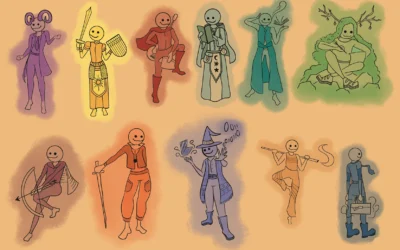Chances are, you or someone you know has tried some sort of alternative diet. According to the Heart and Stroke Foundation, 39 per cent of Canadians have tried a diet which restricts certain foods or food groups.
Maybe you thought you should lose some weight, do a cleanse, or bump up your nutrition levels by cutting junk food out of your daily diet. Our society today is more aware of what we are eating than ever before. But what happens when our desire to be as healthy as possible actually becomes a disease in itself?
This is the reality of living with orthorexia, an eating disorder that promotes an obsession with healthy eating and clean living. It can manifest in different ways, depending on which diet or trends someone considers to be healthy.
Avoiding gluten when you’re not intolerant to it, making a point of completely cutting out carbohydrates, or only eating organic foods could all be examples of clean living habits that people with orthorexia may take on.
Sue Huff, executive director at the Eating Disorder Support Network of Alberta, explained how this particular illness can be exceptionally hard to recognize because dieting is normalized in our culture.
“This fear about food that has been generated over the last number of years has actually become an easy way into an eating disorder,” said Huff. “This becomes a sanctioned way – a socially acceptable way – to restrict. People see it differently than if you just stopped eating or if you were throwing up all the time.”
Eating disorders have a genetic component which can be triggered by environmental or social factors. However, certain actions like dieting have become a common trigger for this genetic predisposition and can be what Huff described as the “gateway drug” into an eating disorder.
“The first thing is to raise awareness about the dangers of dieting, because it’s so prevalent. Everybody seems to be on a diet all the time,” she said.
Self-esteem can also be a huge driving factor; in certain cases, the often harsh control that someone exerts over their body can garner positive results at first. Then, as the disorder continues, pathways in the brain begin to reroute until they feel rewarded for behaviour that is ultimately damaging to the body.
Maddy Gordon experienced an eating disorder when she was just 16 and explained that it was this need for greater self-esteem that pushed her to focus on controlling her diet.
“I was always low in confidence and felt as though I had nothing that I was good at, and I wasn’t going anywhere and just wanted to feel good about myself and prove to myself that I could really do something,” said Gordon. “I had a feeling of pride in myself that I had never had before, and it was almost euphoric.”
This sense of pride can be especially prevalent for people who suffer from orthorexia, since current dietary trends push clean living.
Instead of these disordered habits being seen as obsessive, society views them as commitment, which boosts the self-esteem an individual feels from engaging in the behaviours.
“It’s easy to hide because people are like, ‘Wow, you’re so motivated’ … and so we can be encouraging someone to actually feed that compulsion. But it’s really not healthy if it’s driving a person and it’s reducing their quality of life,” said Huff.
Recognizing disordered eating in men can be even more difficult than in women, as it often manifests in a different way. Gender roles have an affect on their ability to seek help, because they can find it embarrassing to have what some might deem as a “female illness.”
“They feel that their body is not good enough, but that it’s too small, so they want to build more muscle mass, and yet no matter how big they get, it’s never big enough,” said Huff. “Do you recognize a man who’s really muscular (as someone) with an eating disorder?”
This is the true danger of orthorexia, as most people who suffer from it can justify it through health food trends without being fully aware of the consequences. Huff explained that orthorexia is too new to be recognized as a clinical disease, but she said awareness will increase in time.
So, how does someone know when they are crossing the line from being food-conscious into having an eating disorder? Huff said it’s when it begins to take priority over other things in your life.
“It’s this rigid black-and-white thinking … as soon as you start to believe that certain foods are bad or evil and other foods are good or pure, you’re actually walking towards disordered eating. The truth is that all foods in moderation are fine,” she said.
Gordon mirrored this idea, explaining that when you’re struggling with the disease, it can be difficult to understand the way your body is actually being affected.
“The experience was very eye-opening about just how powerful the mind can be, and how convincing,” said Gordon. “I strongly believed that there was nothing wrong at all, and everyone was overreacting and should just leave me alone.”
Though being conscious about health and nutrition should be encouraged, the push to jump on the newest trend might be fuelled less by health and more by expectations for what a body should look like.
Huff said continuing the conversation about body image could be a way to prevent illnesses like orthorexia. After all, the continual criticism people face because of their bodies is what can lead to disordered ideas about food in the first place.
“Even Donald Trump did it, about the girl from Miss Universe, right? It’s so prevalent and it’s so destructive. People are absorbing that message all the time that if you gain weight, you’re a bad person, and you can’t possibly be attractive,” Huff said.
“We have to start talking more about acceptance of all body types and the fact that you can be healthy at any body shape.”
Cover illustration by Alley MacLean.





0 Comments